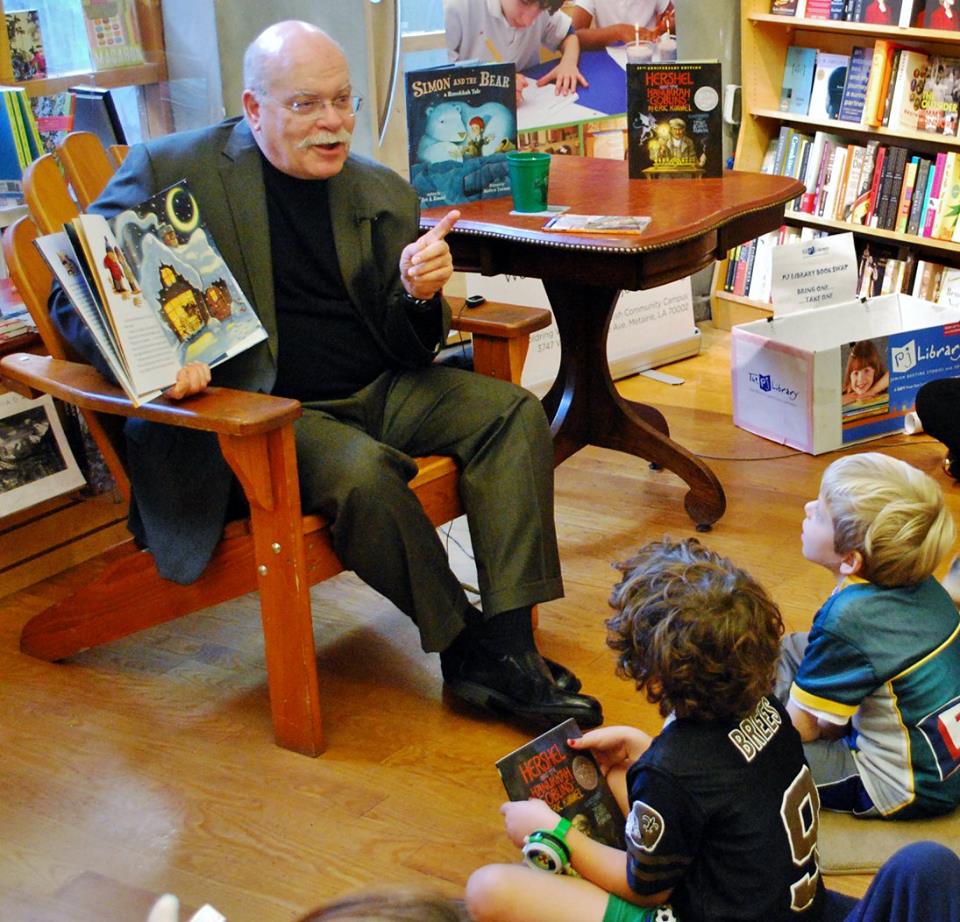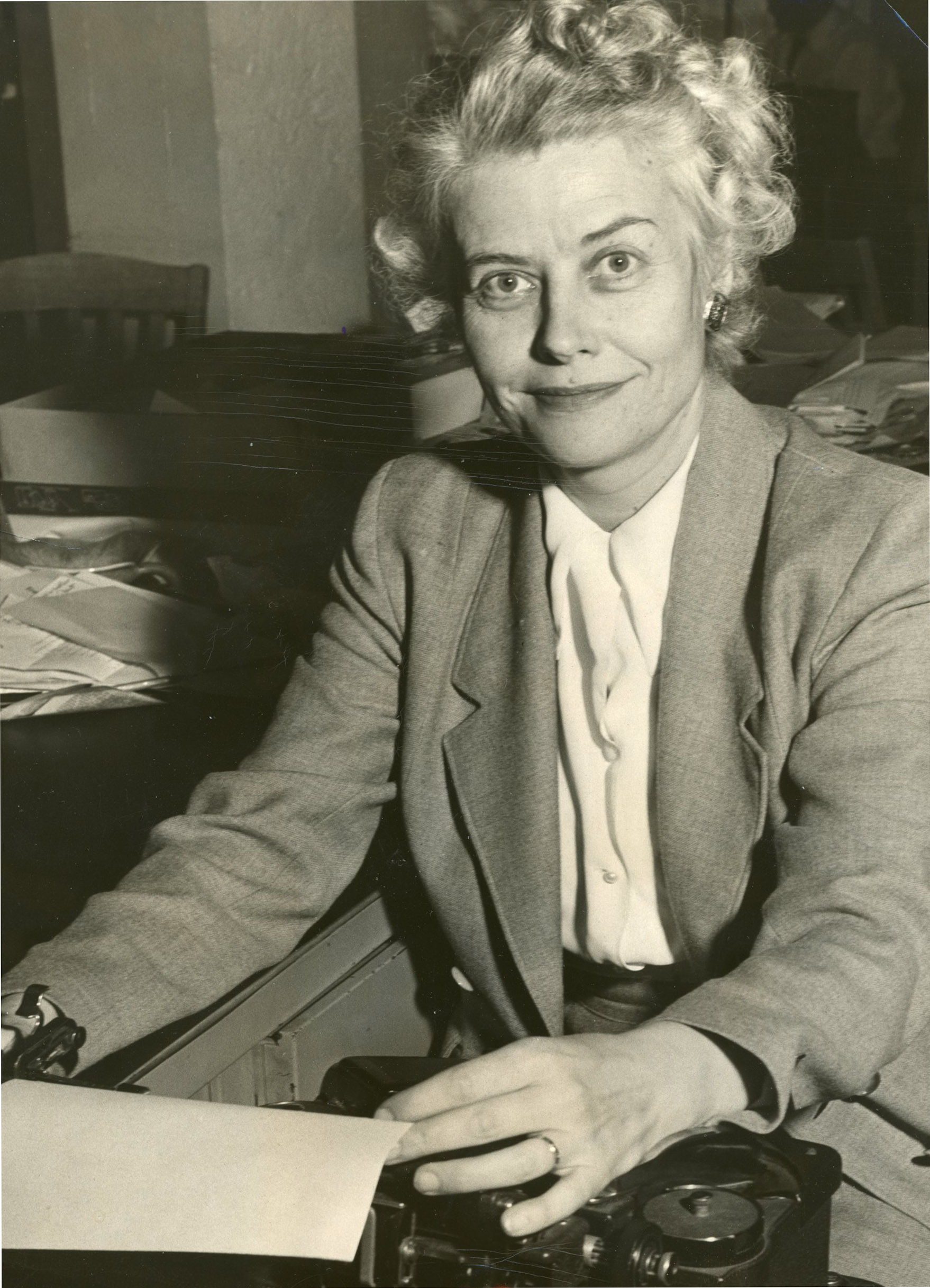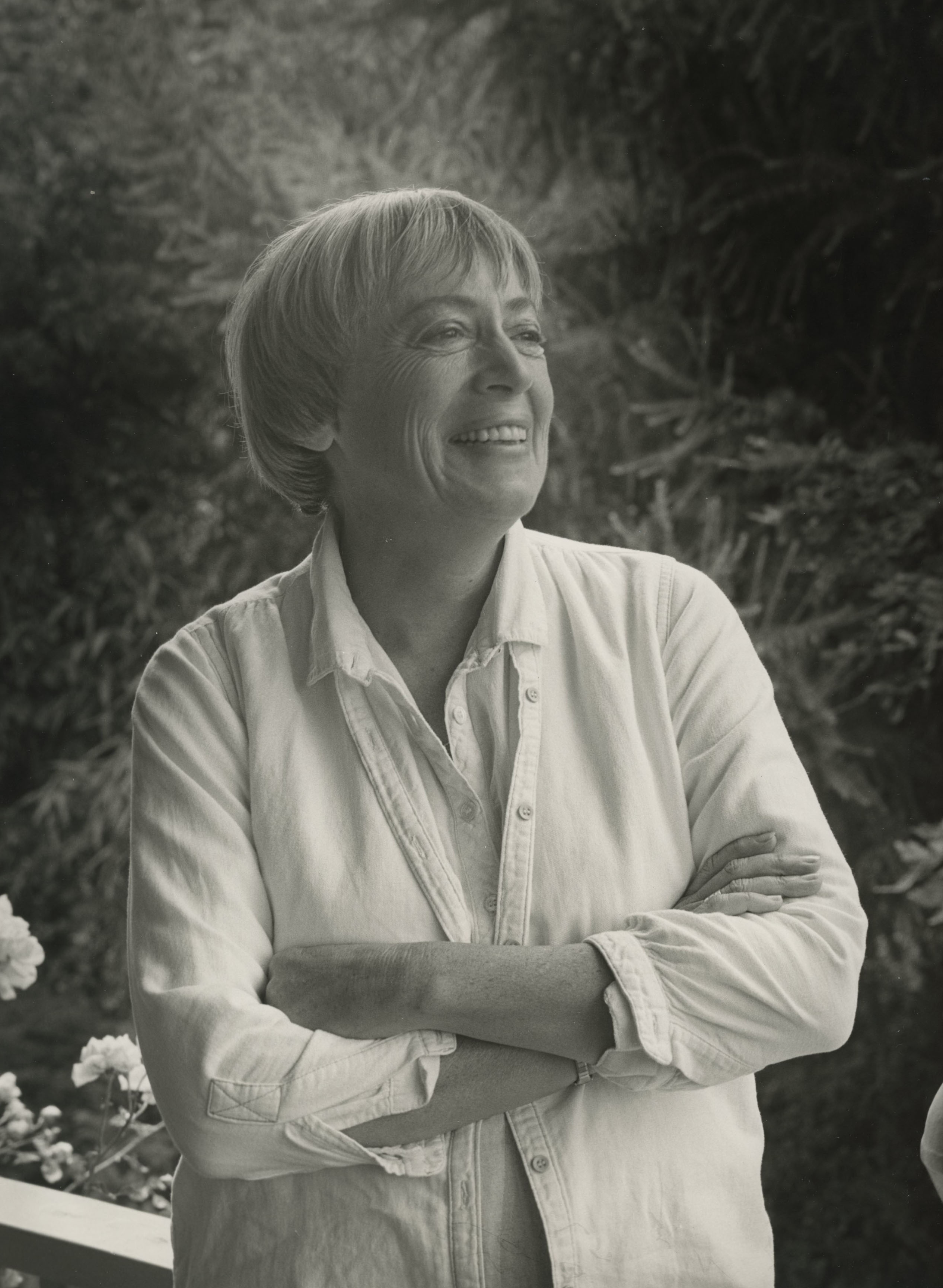Virginia Euwer Wolff, a celebrated author of young adult literature, grew up in a large, hand-built log house in the shadow of Mount Hood. Her father, Eugene Courtney Euwer, had given up his Pennsylvania law practice in 1911 to grow fruit in Oregon's Hood River Valley. Her uncle, poet and painter Anthony Euwer, moved to Oregon that same year. He wrote and illustrated for the Oregon Journal as well as for Harpers, Colliers, and other national publications.
Wolff was born in Portland on August 25, 1937. Her father died when she was five, and her mother, Florence, worked the farm while raising Wolff and her older brother in a home full of music, books, and paintings. “From our backyard we had a towering view of Mt. Hood . . . with snow on it all year round,” Wolff writes. "From our front lawn on a clear day we could see three more of the Cascades.”
Wolff attended several high schools in Oregon, including Wy'East and St. Helen's Hall (now Oregon Episcopal School). She graduated from Smith College, married, and had two children. The family moved twelve times, living in Philadelphia, New York, Washington, D.C., Ohio, and Connecticut. Divorced in 1976, Wolff returned to Oregon, where she taught high school and wrote a novel for adults titled Rated PG before turning her hand to young adult literature. Her six books for young readers include Probably Still Nick Swansen (1988), The Mozart Season (1991), Make Lemonade (1993), Bat 6 (1998), True Believer (2001), and This Full House (2009).
Wolff is "a master stylist," writes Roger Sutton, editor-in-chief of The Horn Book Magazine. Her groundbreaking novels are notable for "their emotional intensity, for their innovation, and for characters that 'grab hold and won't let go.'" The difficulties of life are relentless for Wolff's protagonists, who are often outsiders, and her work tunes in to the "fragile, trembling balance" of "Insider and Outsider language."
An accomplished violinist, Wolff has been part of several Portland orchestras and chamber groups. Music influences her writing "every day, all day," she writes. "Music touches the human heart with all its overwhelming sense of tragedy all the time, . . . when I'm combining some little impulses in my mind with the great ideas I'm hearing across the room from the great minds of the past, then I find I do have something to say."
True Believer earned the National Book Award for young people's literature in 2001. Among Wolff's other accolades are the Golden Kite Award, the PEN-West Book Award, the International Reading Association Award, the Jane Addams Award, the Michael L. Printz Honor, the Oregon Library Association's Evelyn Sibley Lampman Award, and two Oregon Book Awards. Bat 6 was chosen by the Oregon Library Association as the Oregon Reads 2009 selection for young adult readers.
-
![Virginia Euwer Wolff's violin]()
Virginia Euwer Wolff's violin.
Virginia Euwer Wolff's violin Courtesy Virginia Euwer Wolff
-
![Virginia Euwer Wolff (with family) at the National Book Awards]()
Virginia Euwer Wolff (with family) at the National Book Awards.
Virginia Euwer Wolff (with family) at the National Book Awards Courtesy Virginia Euwer Wolff
-
![Virginia Euwer Wolff]()
Virginia Euwer Wolff.
Virginia Euwer Wolff Courtesy Sonya Sones
-
![Virginia Euwer Wolff with her brother]()
Virginia Euwer Wolff with her brother.
Virginia Euwer Wolff with her brother Courtesy Virginia Euwer Wolff
Related Entries
-
![Eric A. Kimmel (1946–)]()
Eric A. Kimmel (1946–)
Eric A. Kimmel is Oregon’s most prolific writer of children’s and young…
-
![Evelyn Sibley Lampman (1907–1980)]()
Evelyn Sibley Lampman (1907–1980)
Evelyn Sibley Lampman was one of three Oregon writers of young adult an…
-
![Oregon Literature (1920-2010)]()
Oregon Literature (1920-2010)
The joint appearance in 1927 of the controversial pamphlet Status Rerum…
Map This on the Oregon History WayFinder
The Oregon History Wayfinder is an interactive map that identifies significant places, people, and events in Oregon history.
Further Reading
"Virginia Euwer Wolff." Contemporary Authors Online, Gale, 2008. Reproduced in Biography Resource Center. Farmington Hills, Mich.: Gale, 2008.
Colburn, Nell. "The Incomparable Wolff." School Library Journal, February, 2002.
Sutton, Roger. "An Interview with Virginia Euwer Wolff." The Horn Book Magazine, May/June, 2001.










